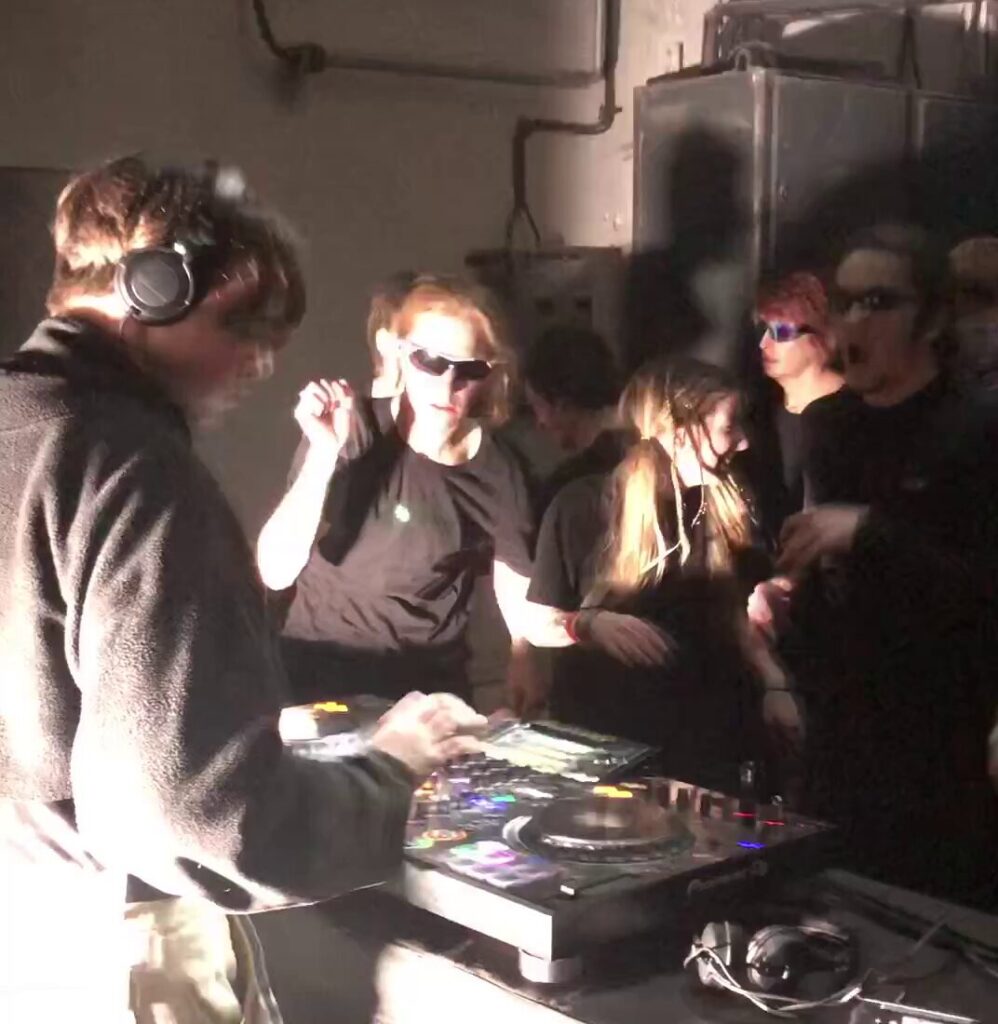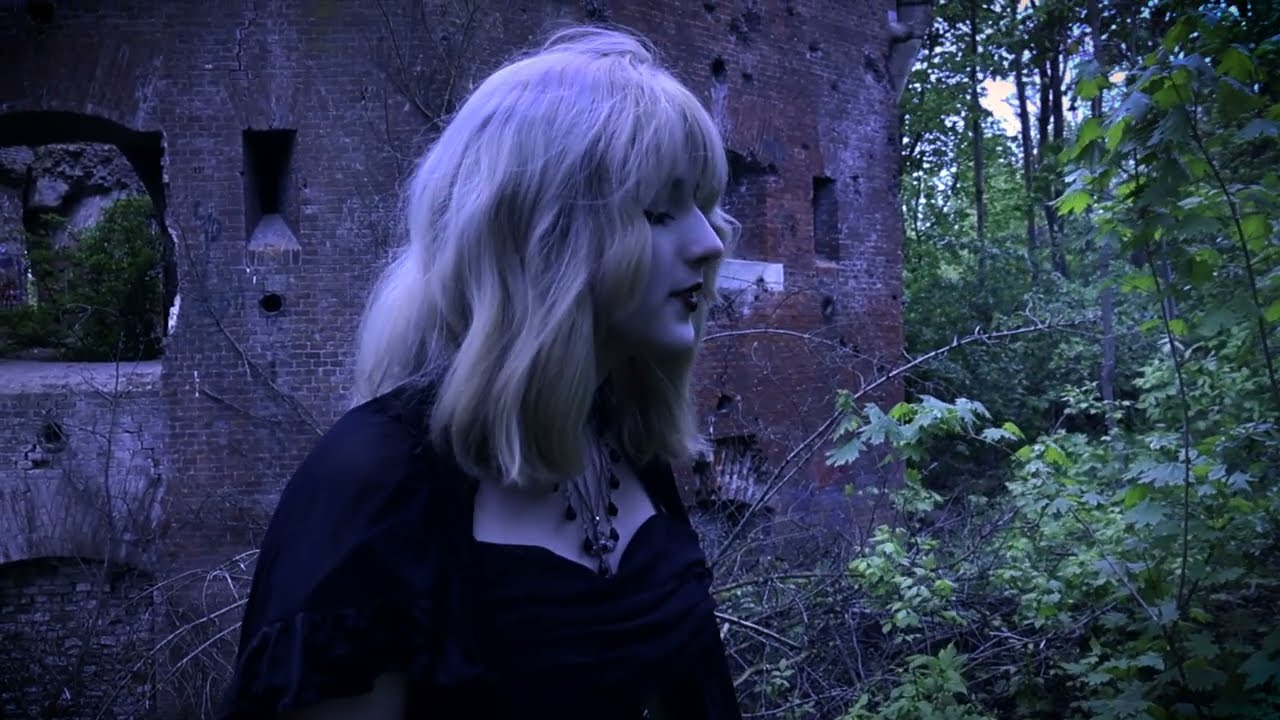The russian invasion of Ukraine in February 2022 became a true wake-up call for Ukrainian culture. Younger people who tended to listen to russian rappers suddenly needed new heroes and older listeners rejected everything “russian”, even if produced by Ukrainian artists.
This demand immediately influenced the music market. The platform NUAM generates information about all Ukrainian music hosted on streaming services. Recent statistics show us that in the first quarter of 2024, 10,000 Ukrainian artists were registered on Spotify. Approximately one third of them were active, producing 12,208 individual tracks. Though over 70 per cent got less than 1000 listens, the successful tracks generated more than 107 million listens, with pop and indie dominating.
We don’t have the exact statistics from 2021 to compare, but these new numbers definitely show a picture never seen before in the history of Ukrainian music. But, although everyone was glad to get a bit of attention, there is a growing feeling that the market is saturated, and the sheer number of new names and songs can feel excessive.
In this market, labels should be the gatekeepers for bright new talents. As usual, though, reality is far more complicated.
Friends and Family
Young Ukrainian DIY labels often act as a big music family. They provide support to inexperienced artists and combine skills to get attention for their members. This is exactly the case for the BE₴HKET team, who insist on calling themselves a creative association, or ‘collective,’ like GothBoiClique, or SESH.
The BE₴HKET team started by exploring different aspects and subgenres of trap back in 2020, but currently you can find many other influences in their releases, like indie rock, electronics, and punk rock. Generally, this ‘everything is possible’ approach is typical of many young Ukrainian artists who tend not to work in the frame of just one particular genre. The distinct feature of BE₴HKET is to focus on a modern sound based on rap but doing it with a strong DIY, rather than a commercial spirit. Примара (Prymara), the BE₴HKET founder says: “We are not just some institution or a formal creative association, or a label, we are the family where everyone knows everyone. We are connected by friendship and years of cooperative work.”
Lately, their team implemented the idea of ‘focus artists’. These artists are prioritised because they may have a fanbase, or have some identifiable aspect to their work, meaning they have more chances to stand out in this era of music overproduction. Prymara sees this approach as common sense. At the same time, this is not a fully commercial idea, because BE₴HKET still remains “a closed society / family” that preaches, “just to do what you love and to get enough money for living from it.” Prymara again: “It is quite difficult to get into our creative association, you need to either be a good acquaintance of one of the participants, or show yourself in such a way that we notice you and want to see you in the team.”
The Electricity label has a similar, but more open approach. Also founded in 2020, they concentrate their efforts on indie rock, shoegaze, and dream pop. Many of their artists produce nice music but are still developing, though re-read, who started with Electricity, are now quite popular here and operating with different distributors. There is also the corn wave project, which still works with Electricity and has gained a lot of popularity in China.
While not currently looking for new artists, Electricity still accepts new music submissions through social media and works with new artists freely, as long as their work is not “too raw.” And while this label doesn’t use the ‘family’ approach of BE₴HKET, they also tend to describe themselves as a ‘collective’ or some sort of association, though not defining more or less successful among them. The label state: “We are, in essence, a bands and musicians union, where no one is more important or significant in terms of solving issues. Everything is solved collectively, on a non-profit basis.”
ОЧІ (OCHI), founded in 2023, is another example of the more ‘closed’ label, or ‘music family’. OCHI’s roots are in the electronic scene. The label has developed rapidly and concentrates mainly around Kyiv, but also gathers artists from all corners of our country. (Actually, there are so many new electronic artists that young labels emerge from everywhere, all the time.)
In numerous interviews, be_ca_di (aka Dmytro Svitlov, the label’s founder), pointed out that his choice of resident artists and releases is based purely on his feelings and intuition. “There is no selection to the label; only through personal communication and exchange, which may last several months. Only after this process can I feel that I want to create the modern history of Ukrainian electronic music, together with this artist.”
OCHI’s Bandcamp page shows a rich variety of electronic sound, ranging from minimal synth to contemporary techno. And the trust the label gives to their permanent resident artists is so high that Dmytro plans their releases a year in advance, not even needing to hear a demo.
At the same time, Svitlov holds the principle of not dividing his residents into more, or less successful ones: “I do not set goals within the label; it is important for me that artists create freely, without frameworks and obligations. The only question you will hear from me is whether we are planning a release this year, or next?”
No Rules, No Barriers
Aside from discovering and supporting young talent, I can see a big role for younger DIY labels in being open-minded towards the craziest music experiments one could imagine. A perfect example of this approach is Erythroleukoplakia Records, founded in 2020.
Erythroleukoplakia’s Bandcamp is full of surprises. Screamo, rap, noise, blackgaze, ambient, jazz – you can find everything here, often mixed together. I particularly like this label for all the chaos it brings into the music world. If anyone looks for the truest Ukrainian ‘underground’, you will find it here.
Mykhailo Klyshnatyi, Erythroleukoplakia Records cofounder, agrees that growing prospective talents is a rational approach, but he personally believes that “interest in bands can come when you expect it the least.” Klyshnatyi: “It is difficult for me to focus on one specific thing, because there is simply an innumerable amount of interesting music and anti-music in Ukraine, and I just can’t ignore any part of this large layer of interesting people who create authentic and sincere compositions every day.”
From the very beginning Erythroleukoplakia was a local thing and mainly a chance for Klyshnatyi and his friends to release their demos. Now, he finds it hard to be specific with who he releases. Choices are “purely emotional” and with no regard towards labelling music, though ideas of experimental sound are popular. “We want to leave a large amount of Ukrainian sounds and music on the internet, regardless of the popularity, or future plans, of the artists.”
Erythroleukoplakia chooses not to support particular or successful artists on their label, but rather looks to “organic” PR for all their bands, based on “the great need and necessity of archiving all sides and manifestations of the modern scene.” This is an interesting approach when we remember that over 12,000 Ukrainian tracks have been released in the first quarter of 2024. Klyshnatyi explains that it seems logical to him because “everything is known in comparison [to other things].” He continues: “For example, a song opposing pop culture cannot exist without pop culture, just as the lion’s share of what is now called popular music used to be niche or unrecognised phenomena by the so-called ‘majority.'”
For me, this means that supporting the most marginal types of music strengthens the music industry and makes it better, even if just from a long-term perspective.
Next time we focus on the hard realities of operating with little or no money.
I should also say that back in 2021 we started our own small DIY label Neformat Family. I am one of a few people directly responsible for our label, and I must say that it does have many flaws. But we often think about what we as a label can do for artists in the current Ukrainian music industry.



